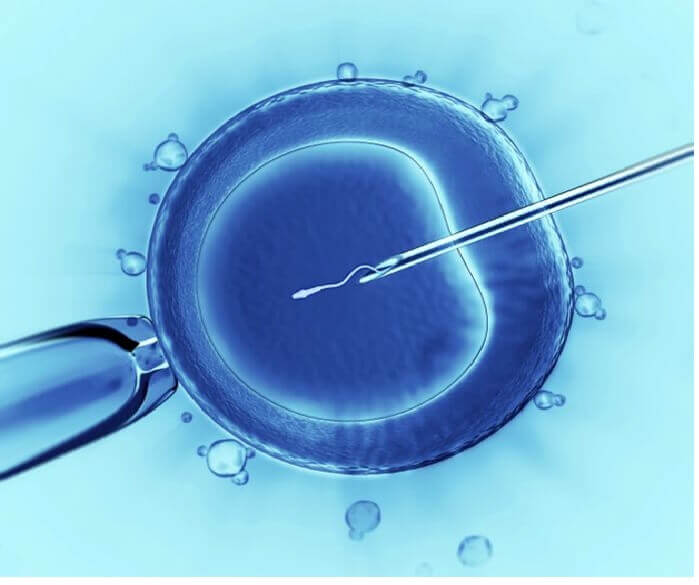
Explore the advanced ICSI treatment method and how it enhances fertility

ICSI
ICSI, short for intracytoplasmic sperm injection, is a specialized technique used in cases of severe male factor infertility and obstructive azoospermia. The process of ICSI follows the same steps as in IVF, with the main difference lying in the method of fertilization. In ICSI, each individual oocyte (egg) is carefully injected with a single healthy sperm using precise micromanipulation devices under a microscope. The steps involved in ICSI are as follows: